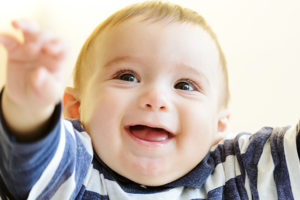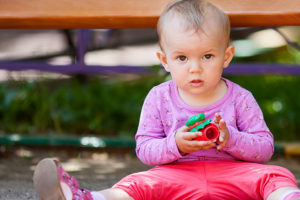Helicopter parenting linked to behavioral problems in children
Social Science studies have highlighted an increase in helicopter parenting style. Parenting blogging popularity, social media and aspirational literature may have contributed to this phenomenon. In simplest terms, helicopter parenting is when a parent tries to control every feature and detail of their child’s life. During the younger years, this is definitely a needed characteristic for parents, however, if this style of authority reveals to be a security clutch for the guardian, it can cause major effects on the child’s adolescent and adult years.
The act of helicopter parenting is impetuous and done in the forethought of the child’s safety and happiness. However, taking on the child’s challenges and making their decisions for them will result in the missing out of opportunities to live, develop, and grow into a mature and reasonable adult. Parents should relinquish their control as children age because they will never be able to grasp reality or be introduced to real world situations.
Lately, Helicopter parenting has been linked to behavioral problems in children. A helicopter parent may have good intentions, but her interference could make her child’s much more difficult in the long run. A good parent should allow her children to make mistakes, to learn how win and lose gracefully, and develop constructive problem-solving skills. It takes patience and it requires to believe that your children can do it on their own and let go sometimes.
Helicopter parents may cause more harm than good
It’s natural for parents to do whatever they can to keep their children safe and healthy, but children need space to learn and grow on their own, without Mom or Dad hovering over them, according to new research published by the American Psychological Association. The study, published in the journal Developmental Psychology®, found that overcontrolling parenting can negatively affect a child’s ability to manage his or her emotions and behavior.
“Our research showed that children with helicopter parents may be less able to deal with the challenging demands of growing up, especially with navigating the complex school environment,” said Nicole B. Perry, PhD, from the University of Minnesota, and lead author of the study. “Children who cannot regulate their emotions and behavior effectively are more likely to act out in the classroom, to have a harder time making friends and to struggle in school.”
It is obvious that helicopter parents want the best for their children but it seems that, in the long run, they probably doing more harm than good. Research shows that “children of helicopter parents are more likely to feel depressed and less satisfied with their lives than children whose parents are not as controlling”.
A common trait of helicopter parents is that they “baby” their children, not allowing them to grow up. This results in children who are less mature than their peers and – according to studies – who don’t really know how to get what they need, how to be safe or how to interact with their peers. Children who have had every decision made for them do not acquire the ability to problem solve. When life presents challenges, they are unable to figure out solutions on their own.
Researchers at the University of Minnesota also found that so-called “helicopter parenting” could negatively impact a child’s emotional wellbeing, leaving them less able to control their impulses and cope in social situations. Instead, they suggest that children who learn to handle challenging situations without the interference of parents will have more success later in life.
“Our research showed that children with helicopter parents may be less able to deal with the challenging demands of growing up, especially with navigating the complex school environment,” said lead author Nicole Perry, from the University of Minnesota.
“Children who cannot regulate their emotions and behavior effectively are more likely to act out in the classroom, to have a harder time making friends and to struggle in school.”
Read more at:
American Psychological Association





